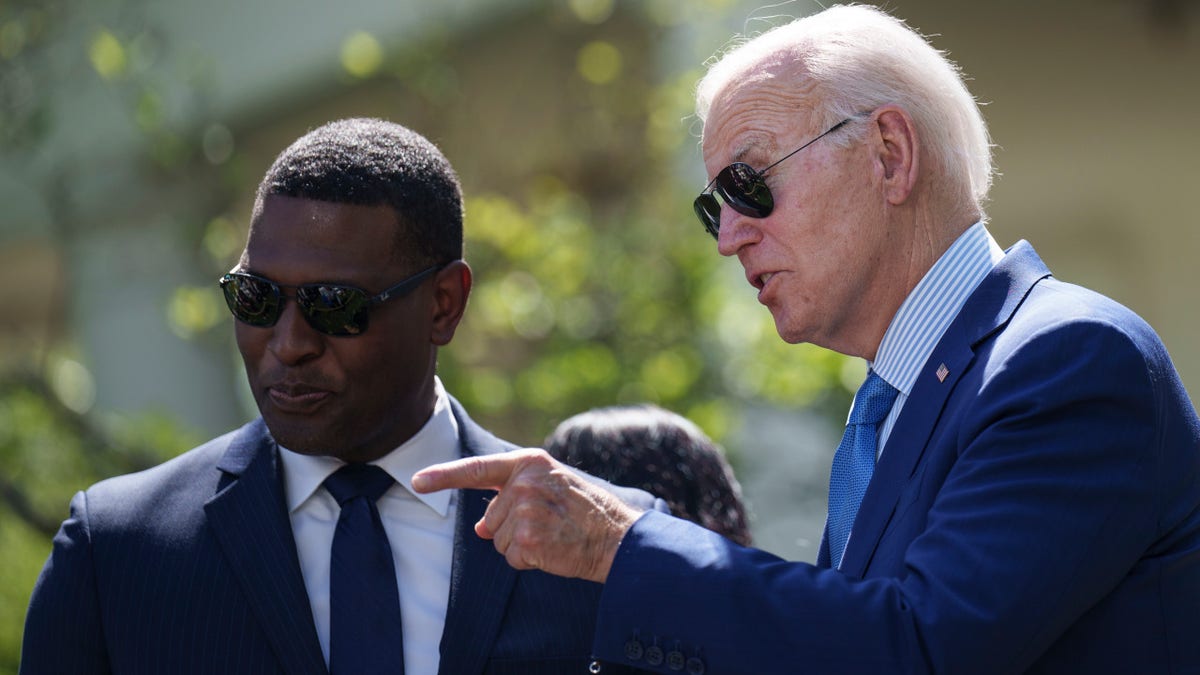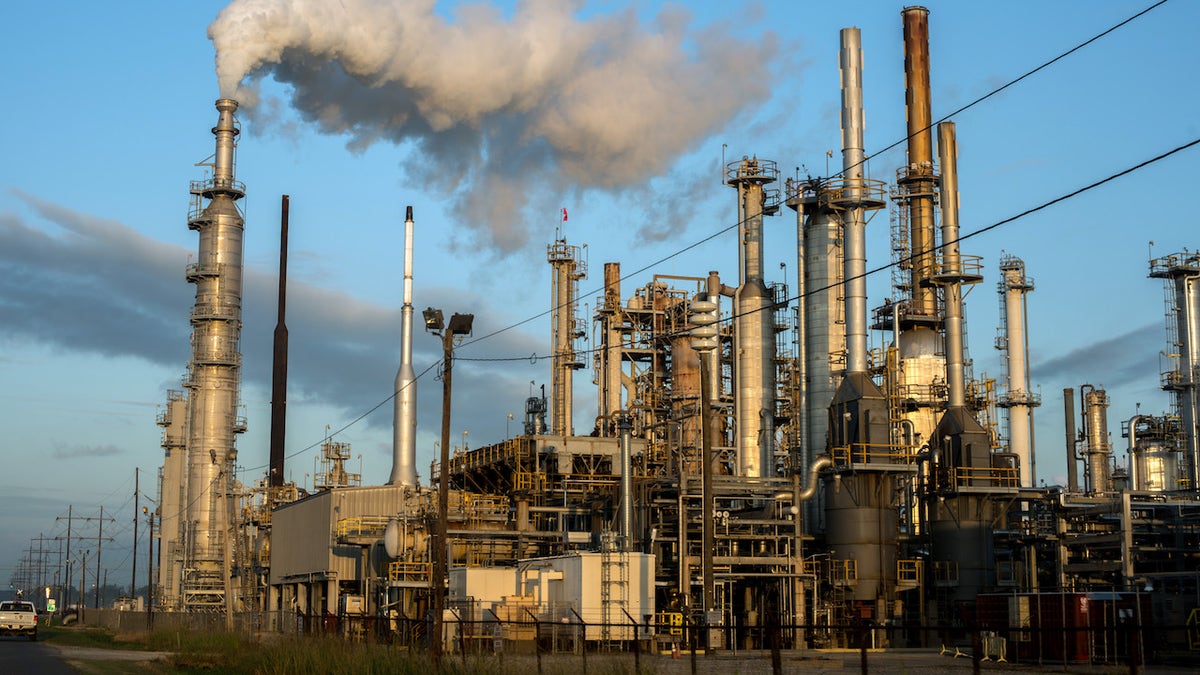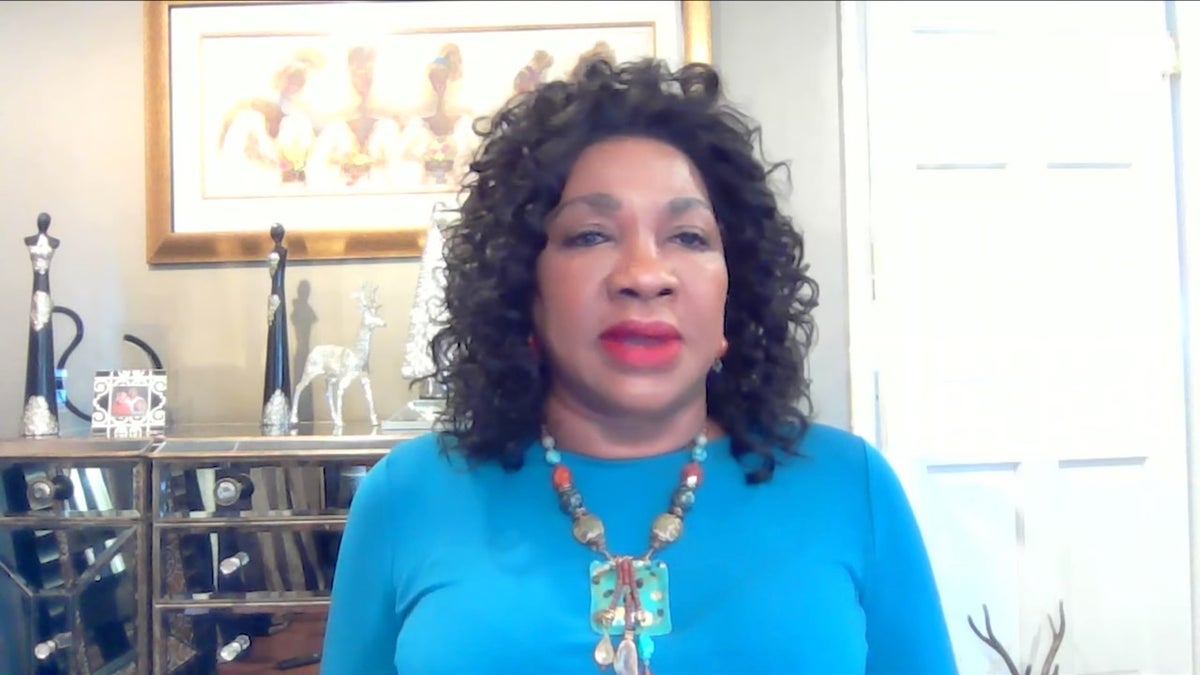Disagreement has emerged within President Biden's administration regarding carbon capture technology, a cornerstone of his climate strategy. The White House Environmental Justice Advisory Council (WHEJAC), established by Biden, has voiced strong opposition to carbon capture and storage (CCS), labeling it an inadequate climate solution. This internal conflict centers around the EPA's latest proposal to regulate power sector emissions, which heavily relies on CCS to achieve substantial reductions.
The EPA's plan mandates a 90% reduction in power plant emissions over the next two decades, achievable through either CCS adoption or plant closures. However, WHEJAC members argue that CCS is a deceptive solution that primarily benefits the fossil fuel industry, perpetuating environmental injustice in communities of color. They contend that CCS fails to address the root cause of climate change and merely prolongs reliance on fossil fuels.

Beverly Wright, a WHEJAC member and executive director of the Deep South Center for Environmental Justice, has been a prominent voice against CCS, asserting that it prioritizes profits over environmental and human well-being. Other environmental activists and WHEJAC members have echoed these concerns, emphasizing the ineffectiveness of CCS in mitigating climate change and its potential to exacerbate existing environmental inequalities. Several organizations represented on the WHEJAC have also publicly questioned the viability of CCS as a climate solution.
The controversy surrounding CCS has intensified in Louisiana, where state officials are seeking federal approval to oversee CCS project regulation. Supporters believe this would expedite project approvals and address the backlog of pending CCS initiatives. The EPA's proposed rule to grant Louisiana regulatory authority has sparked public debate and feedback. While proponents argue that state oversight would enhance environmental protection and accelerate project development, critics remain skeptical about the efficacy and long-term impacts of CCS technology.

Mark Zappi, executive director of the Energy Institute of Louisiana, defends CCS, citing its established history and the extensive network of CO2 pipelines already in place. He attributes criticism of CCS to ideological extremes, with some denying climate change altogether and others seeking complete elimination of fossil fuels. Zappi argues that CCS is a necessary tool for managing emissions while acknowledging the ongoing role of fossil fuels in meeting societal energy demands.

The White House has not yet commented on this internal dispute. The clash between the Biden administration and its own advisory council underscores the complex challenges and competing perspectives surrounding carbon capture technology as a climate change mitigation strategy.
Comments(0)
Top Comments